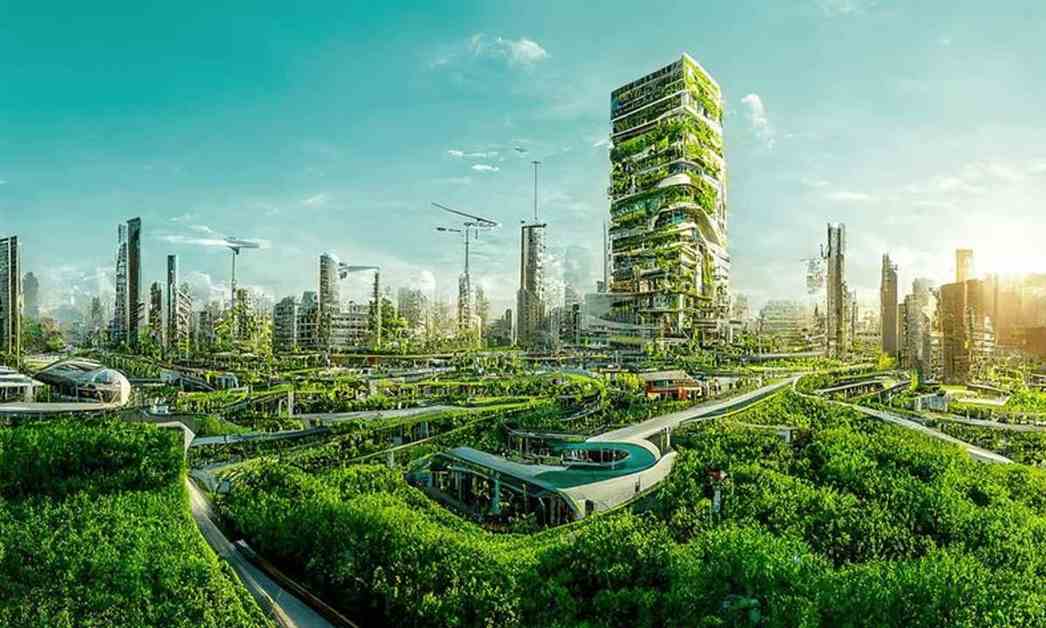Embracing Eco-Friendly Living in Urban Spaces
In the dynamic landscape of urban development, there is a growing emphasis on sustainability and eco-friendly living practices. Cities around the world are prioritizing initiatives that not only reduce carbon footprints but also enhance the quality of life for urban residents through innovative approaches.
One of the key drivers of this urban transformation is sustainable architecture, where buildings are designed with a focus on minimizing environmental impact. Leading cities like Copenhagen are showcasing structures that incorporate renewable energy sources, green roofs, and efficient water management systems. These architectural marvels not only lower energy consumption but also contribute to urban biodiversity and help mitigate the urban heat island effect.
Innovative designs such as passive solar buildings are gaining popularity, utilizing natural sunlight and ventilation for heating and cooling without heavy reliance on artificial energy sources. The use of recycled materials in construction promotes circular economy principles, reducing waste and environmental degradation.
Urban farming initiatives are also reshaping city landscapes by transforming rooftops, vacant lots, and vertical spaces into green havens. Cities like Singapore have embraced vertical farming to maximize space efficiency and reduce the carbon footprint of food production and transportation. Community gardens and rooftop farms not only provide fresh produce but also foster community cohesion and reconnect residents with nature.
Sustainable transportation is another crucial aspect of eco-friendly living in urban areas. Cities worldwide are investing in public transit systems, cycling infrastructure, and electric vehicle charging networks to promote sustainable commuting options. Places like Amsterdam and Copenhagen, known for their cycling culture, exemplify the shift towards greener mobility solutions.
Effective waste management is essential in densely populated urban areas with high consumption rates. Cities are implementing recycling programs and composting initiatives to divert organic waste from landfills and promote resource efficiency. Single-stream recycling simplifies the process for residents, while upcycling initiatives encourage creative reuse of materials, reducing overall waste generation.
Community engagement plays a vital role in driving change towards eco-friendly urban living. Residents, businesses, and local governments collaborate through eco-friendly events, environmental education programs, and grassroots initiatives advocating for sustainable urban development. These collective efforts empower individuals to influence policy decisions and cultivate a culture of environmental stewardship.
As cities continue to expand and face environmental challenges, embracing eco-friendly living practices becomes increasingly imperative. Sustainable architecture, urban farming, green transportation, waste reduction, and community engagement are crucial in shaping resilient and sustainable urban spaces. By adopting these initiatives, cities can lead the way in global sustainability efforts, ensuring a healthier and greener future for generations to come.
Through innovation, collaboration, and a shared commitment to sustainability, urban areas are paving the way towards a brighter and more eco-conscious future. By integrating these practices into urban planning and everyday life, cities can take the lead in mitigating climate change and preserving natural resources for the future.





















